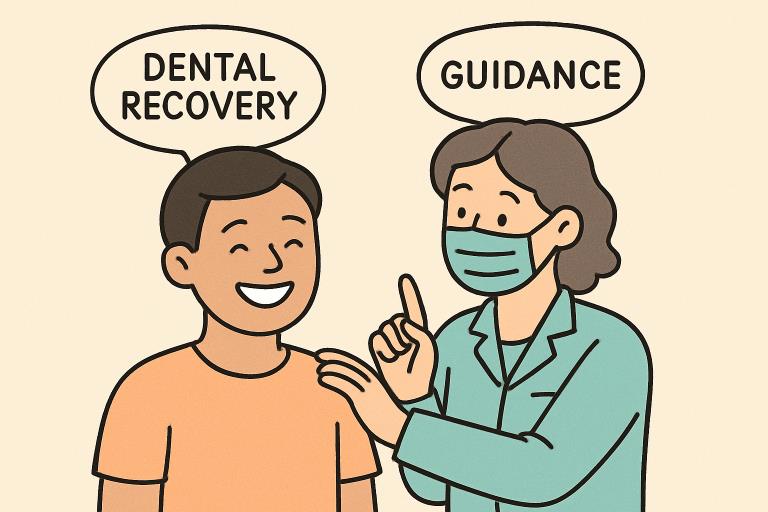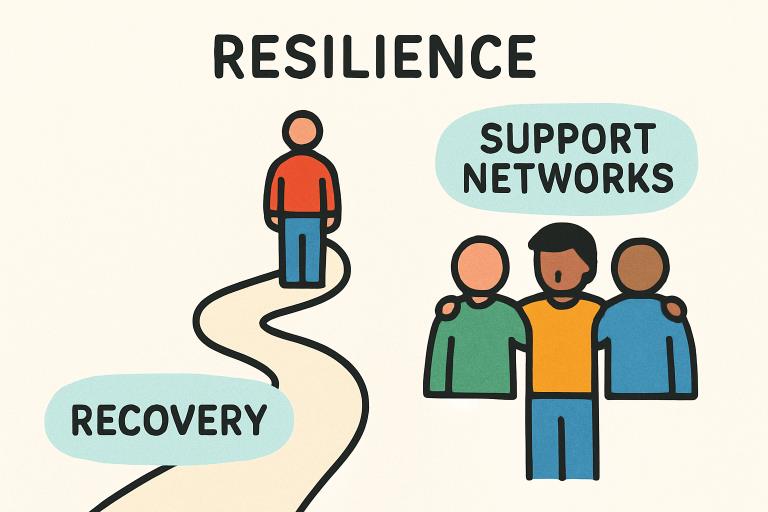Now Reading: From Struggle to Comfort: Adjusting to Major Dental Changes
-
01
From Struggle to Comfort: Adjusting to Major Dental Changes
From Struggle to Comfort: Adjusting to Major Dental Changes

Key Takeaways
- Major dental changes impact physical health, emotional well-being, and finances.
- Lack of dental professionals in many regions increases the burden of accessing care.
- Modern care, including pain management advances and community outreach, supports recovery.
- Support systems, education, and access to quality treatment make adjustment easier.
Navigating Major Dental Transitions
Adapting to a new way of eating, speaking, and smiling takes time, but support and expertise are available. It is vital to recognize that this journey is unique to every individual—physical, emotional, and practical challenges must all be addressed. By embracing comprehensive dental care, patients can move from discomfort and anxiety toward restored function and renewed self-esteem. Seeking care early maximizes outcomes and minimizes risks associated with delayed treatment.
Facing the necessity for significant dental work—such as extractions, implants, or full arch reconstruction—can be overwhelming. Many people initially struggle with concerns about function, appearance, and overall quality of life. Technological advances now make it possible to regain both comfort and confidence after drastic dental changes. For those exploring permanent solutions, full mouth dental implants Louisville KY provide a highly effective option to replace failing or missing teeth with natural-looking, long-lasting results.
Financial and Access Barriers
Many struggle with the high costs of dental procedures due to limited coverage and disparities in the US, especially in rural areas where dentist shortages force long travel or wait times. The CDC notes this impacts overall health and finances. Community efforts like foundations, free clinics, flexible payments, and policy advocacy are helping bridge these gaps.
Physical Recovery and Modern Care
Recovery after major dental procedures varies depending on the procedure. Common initial symptoms include swelling, discomfort, and dietary changes. Studies show a move toward safer pain management, replacing opioids with NSAIDs and other therapies to reduce dependency without sacrificing comfort. Technology like digital scans, computer-guided surgery, and immediate-load implants speeds up recovery. Continued follow-up and patient education are essential for safe, quicker return to normal activities.
Emotional Well-Being and Mental Health
The psychological impact of major dental changes should not be overlooked. Feelings of embarrassment, anxiety, and low self-esteem are common, particularly when tooth loss alters appearance or impairs social interaction. Recent reports suggest that dental professionals face increasing stress and burnout, which can influence patient experiences. Fostering a supportive, communicative relationship with providers helps address both clinical and emotional needs. Adjusting to a ‘new normal’ often requires deliberate coping strategies. Patients benefit greatly from support groups, access to counseling, and reassurance from friends and family as they rebuild their self-image over time.
The Role of Support Systems
Support systems—both professional and personal—are instrumental in the adjustment process. Community dental initiatives and outreach clinics frequently step in for those who lack other resources, offering comprehensive care and a network of encouragement. Local organizations mobilize volunteers to fill care gaps and provide hope to individuals facing daunting barriers. Encouraging open communication and assembling a personal support network of loved ones, healthcare providers, and other patients who have faced similar experiences can significantly ease the adjustment period and foster resilience.
Education and Empowerment
Empowerment through education is crucial for managing complex dental transitions. Understanding options, potential complications, and timelines helps people make informed health decisions. Reputable materials aid patient confidence. Trusted dental teams promote transparency, offering evidence-based advice while respecting patient goals. This trust-based partnership is key to success in procedures like full-arch implants, dentures, or combined therapies.
Conclusion
Major dental changes can feel like an insurmountable obstacle, but with the synergy of professional guidance, supportive communities, and reliable information, individuals can reclaim comfort, functionality, and well-being. Approaching every stage—from financial planning and clinical recovery to emotional adaptation—with patience and vigilance will turn the transition from struggle into a journey toward renewed health and confidence.





















